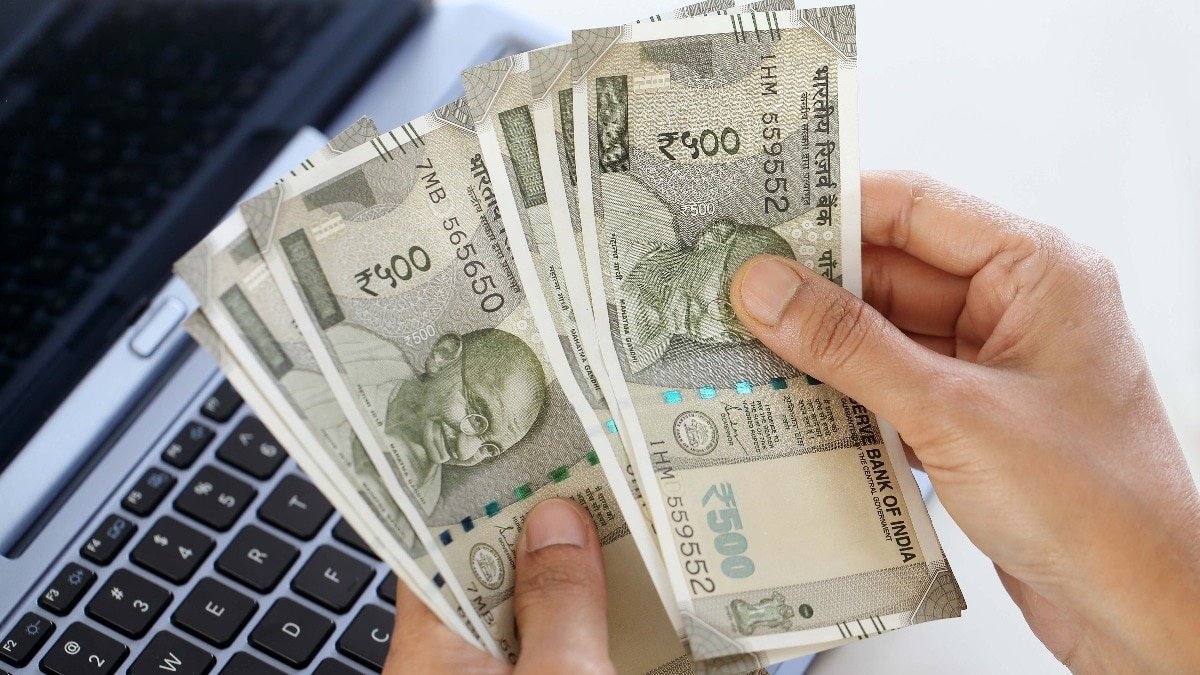The world’s smartest investors are quietly dumping cash and rushing toward gold. Behind the move lies a simple but alarming truth: paper money is losing its value faster than most people realize. “We are in that stage where there’s going to be a big reset,” said Rishabh Nahar, a 32-year-old fund manager who oversees Rs 350 crore at his quantitative investment firm.
Speaking to Sharan Hegde, founder of the 1% Club, Nahar explained why holding cash is becoming the surest way to grow poorer.
Over the past five years, global central banks have flooded the system with cheap liquidity. “The US Federal Reserve’s balance sheet doubled from $4 trillion to $8 trillion after COVID,” Nahar said. “That money didn’t stay in the system — it found its way into assets. Stocks, real estate, and gold all surged.” When governments print money to prop up economies, the purchasing power of cash erodes, and tangible assets rise in value.
In his flagship “All-Weather Strategy”, Nahar placed 40% of the portfolio in gold — a move that helped his fund deliver more than 20% returns last year even as Indian equities returned barely 4%. “Gold acted as a shock absorber,” he said. “When inflation eats into cash and bonds, hard assets hold their ground.”
The logic is timeless but newly urgent. Since 1971, when President Nixon ended the gold standard, global currencies have floated freely, untethered to real assets. “People think the rupee or dollar they hold has intrinsic value, but it doesn’t,” Nahar warned. “Governments can print more anytime. That means your savings silently shrink.”
He believes this “silent erosion” will accelerate over the next five years as major economies refinance record debts. “The U.S. owes $37 trillion. Roughly $30 trillion will need refinancing soon,” Nahar said. “They’ll print more, because that’s the only lever they have left.” The outcome, he predicts, will be higher inflation, weaker currencies, and another surge in gold.
For ordinary investors, Nahar’s advice is blunt: stop hoarding cash or parking it in fixed deposits that barely beat inflation. “Don’t sit on cash. Don’t depend on debt funds,” he said. “If you earn ₹1 lakh a month, think like a global investor — own assets that survive inflation.”
His firm uses quantitative models to identify such safe havens. “We don’t pick stocks on gut feeling. We use data,” he explained. “If you look at 20-30 years of history, a 50:50 mix of gold and equities delivers stable double-digit returns with far lower risk.”
The rising appetite for gold is already visible. Central banks worldwide have been stockpiling bullion at record rates, and retail investors are following suit through exchange-traded funds and gold-silver FoFs. “You don’t have to become a trader to protect your wealth,” Nahar said. “Just stay invested in hard assets — gold, equities, or even land.”
As he summed it up: “If you sit on cash, you’ll not realize you’re becoming poorer every year. But if you hold gold, you’ll stay wealthy through the reset that’s coming.”



